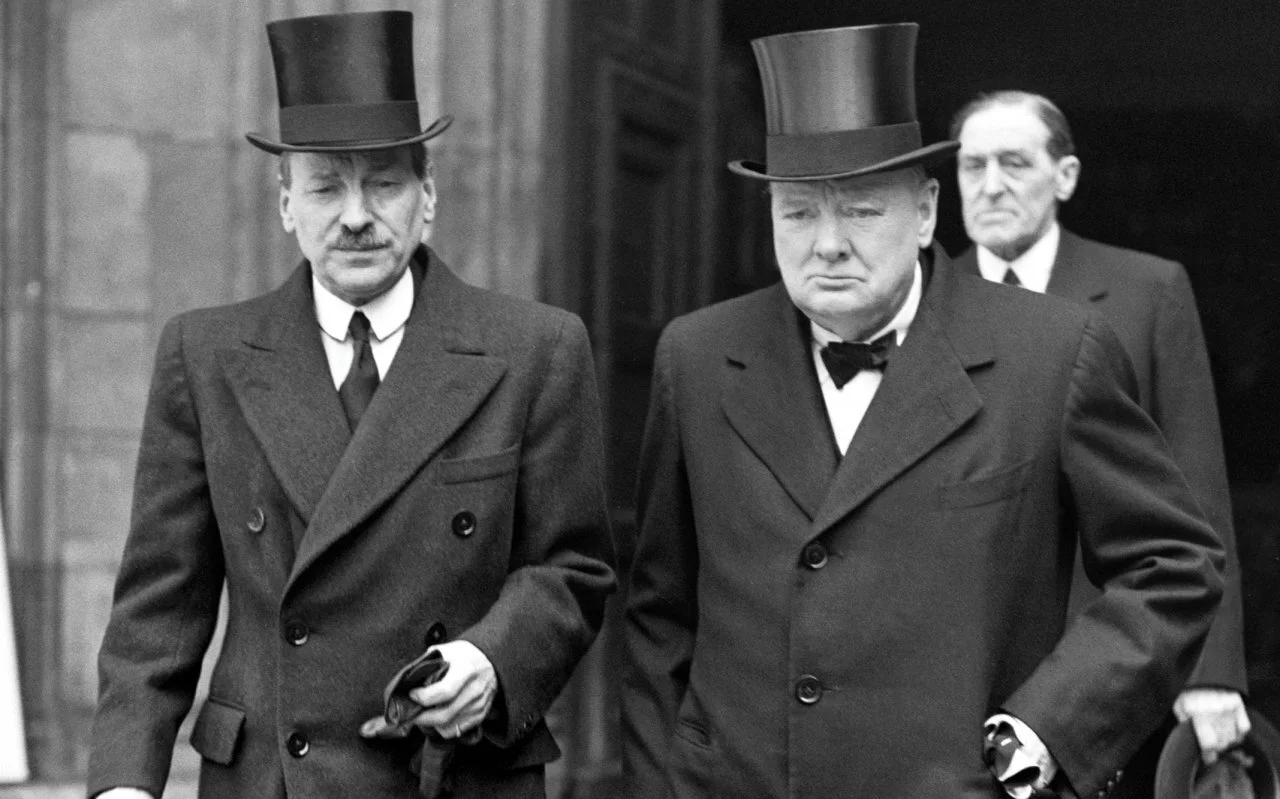
Post-war Socialism: An English Mistake?
Edward Hart
The 1940s was a tumultuous decade for the United Kingdom, we entered a country ravaged by a world war and left in a completely different shape to that which we had ever known before. These ideas came to a head in 1945 with the arrival of a labour government, the adoption of a welfare state and a general paradigm shift towards a left thinking UK government. Voters wanted change. They wanted an end to wartime austerity and ultimately no return to the depression that came to be an endemic fault with the UK before WW2.
What’s more, the people had seen how this change could have been enacted, from the 1942 Beveridge report - which combined all major forms of government into a view of a possibly idyllic future. This idea faced the British Electorate, and they latched onto it with a fervour that changed the course of history. Despite the option to vote for hero-of-the-masses Winston Churchill - ultimately the country decided to go with Beveridge & Atlee’s labour government.
The mark this left on the united kingdom was indelible, the Labour Government’s promise to nationalise the commanding forces in the economy was at odds to the private ideas of the long-established conservative party, and the crowning jewel in this pursuit of socialism has to be one of the UK’s most cherished achievements - the National Health Service. Established in 1948 it was initially met with bitter resistance from the existing health sector, but as funding was ensured it became an institution of the UK, one which lasted to this very day.
Yet, with the ability of hindsight, and decades of experience since the election, one is forced to wonder whether socialism was the right move for the time?
Socialism, as a concept, calls for vast amounts of state expenditure into infrastructure, and for that infrastructure to be updated both frequently and carefully. This in turn costs heavy amounts of funding, and the supply of raw materials to be constant and stable. As a response to these demands, the Labour government nationalised too much, borrowed too much and ultimately spent too much - this in itself led to a devaluation crisis in the 1960s, where the value of the pound had to be slashed dramatically in order to stabilise a floundering economy.
Throughout the governmental period of nationalization, trains, buses, some road freight, electricity, gas, coal, telecoms, postal services, water, steel, some car production, aerospace, and shipbuilding were all nationalised to some extent, this caused huge sums of money to be required from the general public as subsidies, in the form of taxation. This in itself was problematic as many of the government subsidised businesses turned out to be unprofitable, many corporations (or governmental bodies) were forced to remove outgoing costs in any way possible, thus the decision was made to remove thousands of employees.
This lack of profitability was due to an endemic failure of capital investment, be it the government investing in steel to the point where supply outweighed demand - forcing it to devalue, or the telecoms industry falling behind the standard demanded due to a simple lack of funding - across the board nationalisation tended to be misjudged leading to severe unemployment.
Moreover, privatisation has proved to be a major beneficiary in many industries, as it allows investment at a much more controlled rate, and monopoly markets which were dominated by one corporation before to become competitive. Suddenly patrons were able to buy a range of products, or choose from a range of services rather than being forced into one, driving businesses to cut down on their own inefficiencies in order to try to corner the market - forcing improvements across the board, and often driving major innovation within industry.
Whilst socialism & nationalisation initially helped support a burgeoning working class after a war which caused irrevocable changes to the structure of the United Kingdom. It ultimately was the architect of its own failure, whether it was due to the failures of government or the system itself is a question for another time. What is apparent is that it proved unsustainable for any great length of time, ultimately demonstrating that privatisation of many sectors was the appropriate way forward for sustained growth of the economy. Socialism was an english mistake, but an admissible one.
Edward Hart
